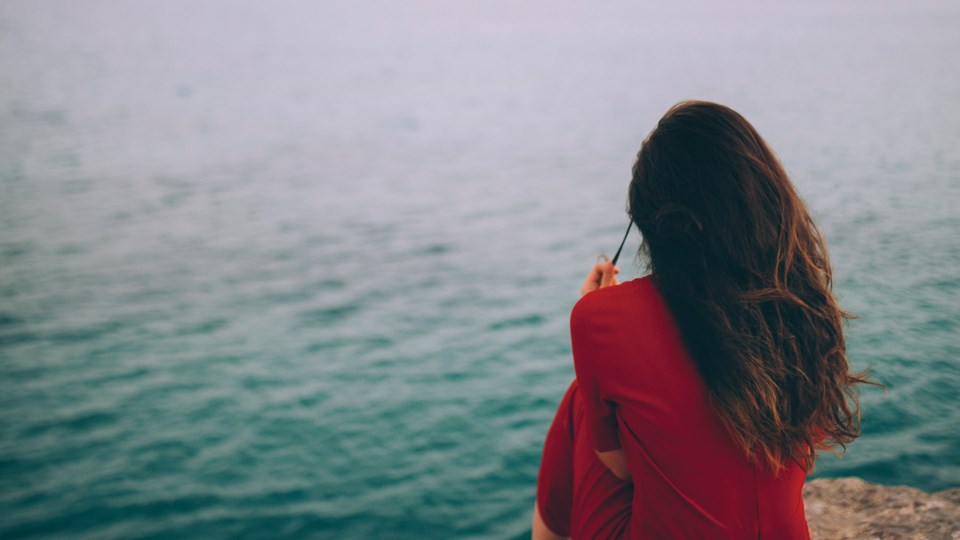Last month, I wrote about the power and importance of touch in these strange times.
Today, I’ll reflect on solitude and the hazards – as well as the joys – we may experience as we wait to be together, thinking of what to do next, praying for normality to return to our lives.
Right off the bat, I’ll say that, like most things in life, being alone and enjoying the company of other people must be observed in the balance – for a couple of reasons.
First, because orthodoxy (in the current context of monastic solitude) is unhealthy, as our minds do not get to do what they do best, which is to forage our inner space.
Second, because deprived of peace and quiet, our emotions do not get the opportunity to adequately process and assimilate the experiences we have with others.
Let’s look at some sad but apt research into the effects of total social – and sensory – deprivation.
Solitary confinement is, appallingly, an accepted method of discipline in our penal system. I don’t imagine for a second the system is thinking of penitence or a prisoner’s welfare when this cruel form of punishment is imposed. No. I reckon it’s all about getting troublemakers out of everyone’s hair.
Studies have shown that this condition and other states of total social and sensory isolation have dire and lasting psychological effects. This, just as was the case in Harry Harlow’s monkeys, is no surprise. Social, emotional, and psychological changes were (are) dire and enduring.
When I talk about solitude, I make a distinction between it and being alone staring out a window – however therapeutic that may be from time to time. No, I mean being all by ourselves and with the chance to be in deep contact with our senses.
I had the honour many years ago to sit at a dinner party next to Evelyn Glennie, the virtuoso percussionist who also happens to be deaf – and who lip-reads and speaks fluidly.
I inquired about the loneliness of the soundless world, the solitude, she lived in. I’m sure it was a question she’d answered a million times. But she explained, patiently, that barefoot and alone in her practice room – with her marimbas, xylophones, and assorted rhythm instruments – she felt deeply connected with the world and her muses.
Social isolation can be a boon. Free from clutter and the hurly-burly, we can realize the joys we take for granted. And need.
I love to spend long hours on the bike. I run and swim. Play my guitar. Cook. Write. Read. Fuss about the garden. These are solitary things, though these passions have led me to great friendships.
When Facebook came into being, naysayers predicted it would lead to social isolation.
Some folks claimed it would make us all anonymous gnomes, weirdos alone in our dens in the blue glow of our computer monitors.
Turns out, the critics were short-sighted. And I adore the irony of it.
Social media has proven to be a stage where we can share with words and images and art who we are and what we feel. And in these days, without having to comb our hair or get out of our jammies, we can do so without our usual reticence.
Shine a light through the prism of solitude. You’ll see a rainbow.



